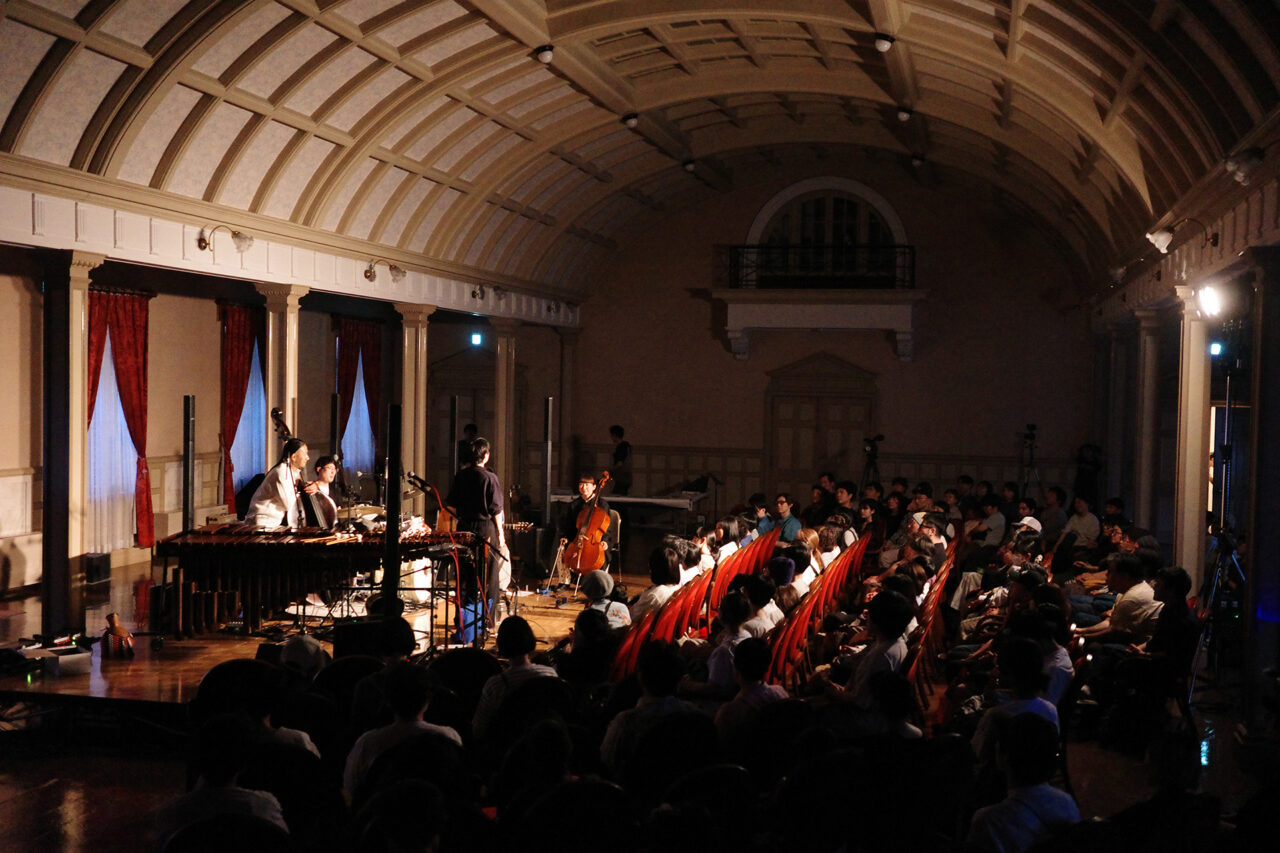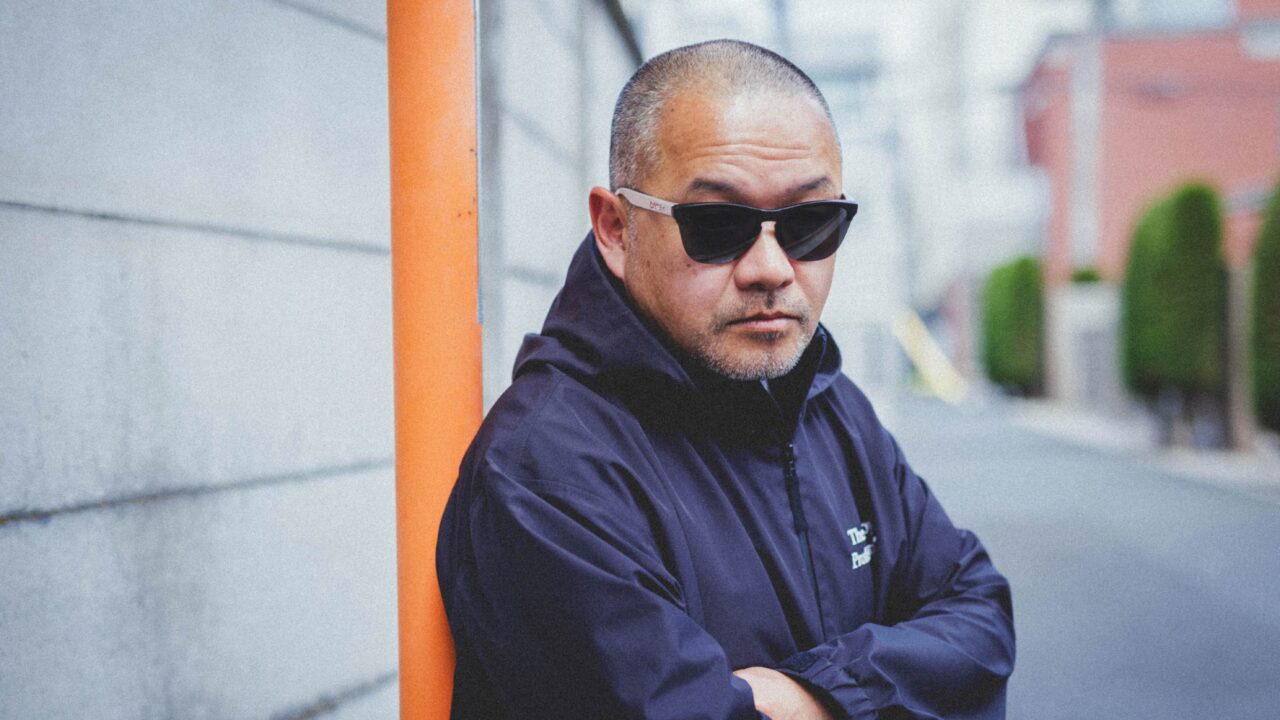Director Fatih Akin, who won major awards at all three major film festivals at a young age and has garnered significant attention in Europe, has often depicted dramas involving immigrants and refugees among various subjects. As a second-generation Turkish immigrant, he has vividly portrayed the current situation of immigrants in Europe while reflecting on his own experiences.
Akin’s latest work, ‘RHEINGOLD,’ is the film adaptation of the autobiography of Kurdish rapper Xatar, whose real name is Giwar Hajabi. Born to a musician father in Iran, he turned to a life of crime after his parents sought asylum in Europe, eventually getting arrested on suspicion of gold bullion robbery. However, he debuted as a rapper with songs recorded in prison. This overly dramatic life story created a sensation in Germany. The film begins by portraying the harsh reality of refugees and then unfolds various aspects, including gang-related and music-related themes, but Akin masterfully brings it all together as a “modern myth.” While Hajabi is not depicted as an innocent character, but rather as a gang member involved in crime, it’s precisely because of this that the struggle of an immigrant surviving stands out vividly.
I spoke with director Fatih Akin about ‘RHEINGOLD,’ which became his biggest hit. From his perspective as a hip-hop enthusiast and even discussing his favorite gangster films, his warmth and passion for his work were palpable.
INDEX
Approaching the Film like Playing Jazz
– ‘RHEINGOLD’ is first of all an exciting film as a story. What was it about Xatar’s life that attracted you?
Fatih Akin: I was fascinated by the fact that Xatar’s life was so varied, as if he were a cat with nine lives. I found his autobiography very strong, and I was also fascinated by the changing genres.
At first it started out as a refugee drama centered around his parents, then it became a coming-of-age story about growing up, then it became a gangster story, then it became a music story. I was attracted to it as a story, but at the same time I found it challenging as a filmmaker. I try to make a different film every time, so this time I wanted to do something that crossed genres within the film.

Born on August 25, 1973, in Hamburg, Germany. His parents were Turkish immigrants. In 2004, he won the Golden Bear Award at the Berlin International Film Festival for ‘Head-On,’ in 2007, he received the Cannes Film Festival Screenplay Award for ‘The Edge of Heaven,’ and in 2009, he earned the Jury Special Prize at the Venice International Film Festival for ‘Soul Kitchen,’ achieving the remarkable feat of winning major awards at the world’s top three film festivals in Berlin, Cannes, and Venice in his thirties. His latest work, ‘RHEINGOLD,’ has grossed nearly $10 million, marking his biggest box office success to date.
-As you mentioned, it is interesting that ‘RHEINGOLD’ is a film that combines different elements such as gangsterism and music into one film. But wasn’t it difficult to bring these different elements together?
Akin: It was like playing jazz. It was a musical experience for me and a fun one. I knew what I was doing even though the genre I was shooting in changed from scene to scene, but this time it was a larger crew, so I think it was difficult for all the crew.
In a way, it was also a “period piece,” so we had to recreate the atmosphere of the 1980s and 1990s. There were many locations and sets that had to be designed. We had to consider the spoon-feeding of the past and the present, but if we tried to change the details, we would have had to make major changes. This was the biggest challenge of all, and it was a site that tested our concentration and our ability to maintain the core of the project without wavering.
Synopsis: A biographical film about the real-life German rapper Xatar. Ziwa Hajabi was born to musician parents who were persecuted by the Islamic Revolution. Protected by his father, a famous musician, he defected from Iran to Germany. Growing up as an immigrant, he trained in a boxing gym to make it on the streets and became famous with the nickname “Xatar” (“katar”: “danger” in Kurdish). While his interest in hip-hop leads him to dabble in street crime.





























